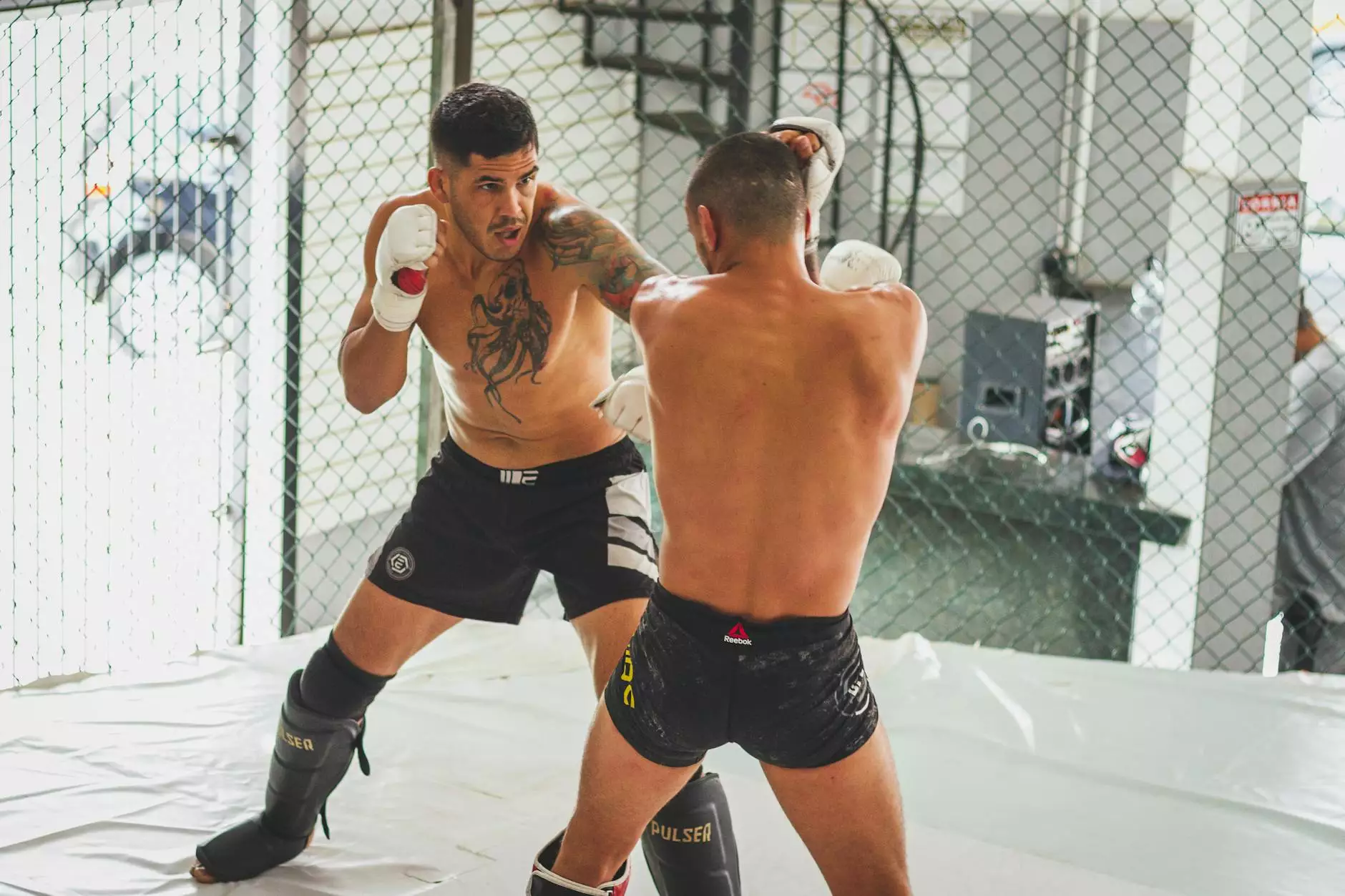Mastering the Art of Brazilian Jiu Jitsu and Its Impact on Legal Services

In today’s fast-paced world, Brazilian Jiu Jitsu (BJJ) is not only recognized as a powerful martial art but also serves as a metaphor for the strategic thinking required in legal professions. The connection between legal services, particularly in criminal defense law, and the principles of BJJ is profound. This article delves deep into how Lemos Brazilian Jiu Jitsu embodies valuable life skills that lawyers can harness to enhance their practices and achieve success.
The Philosophy Behind Brazilian Jiu Jitsu
At its core, Brazilian Jiu Jitsu is about leverage, technique, and strategy. Practitioners learn to overcome greater physical strength through the application of skill and intelligence. This philosophy parallels the world of law where understanding the intricacies of legal systems and employing strategic approaches are essential. Here’s how:
- Leverage: In both BJJ and law, leveraging one's strengths and understanding weaknesses is crucial.
- Technique Over Strength: Effective legal representation is often about mastering procedures and the law rather than sheer volume of cases handled.
- Adaptability: Just as a BJJ practitioner adapts to their opponent’s movements, lawyers must adapt to changing laws and circumstances.
Building Discipline and Focus Through BJJ
Engaging in Lemos Brazilian Jiu Jitsu cultivates a high level of discipline and focus. These traits are essential for anyone in the legal field, especially for those practicing criminal defense law where the stakes are high.
Discipline in Training
Regular training in BJJ requires commitment and perseverance. Practicing techniques, sparring with partners, and preparing for competitions all demand a level of discipline that translates well into the legal profession. Lawyers, like BJJ practitioners, must put in consistent efforts to refine their skills and stay updated with the law.
Focus in High-Pressure Situations
During a BJJ match, practitioners must maintain focus despite the intensity of the situation. Similarly, lawyers often find themselves in scenarios where clarity of thought and sharp focus are imperative. Whether it's a courtroom trial or negotiation, the ability to remain calm under pressure can make a significant difference.
Strategic Thinking: A Common Thread
At the heart of both BJJ and criminal defense law is strategic thinking. Understanding your opponent's moves in BJJ parallels the ability to anticipate the moves of the prosecution in a legal context.
Anticipating Moves and Countering Them
In BJJ, knowing when to attack and when to defend is vital. Likewise, a successful lawyer must be able to anticipate the actions of the other party and prepare counter-strategies. This foresight can be the difference between winning and losing a case.
Effective Use of Resources
In Brazilian Jiu Jitsu, practitioners learn to use their body efficiently, employing techniques that require minimal energy for maximum effect. In the legal realm, this principle holds true as well. Lawyers must utilize their resources wisely—whether it’s time, evidence, or expertise—to achieve the best outcomes for their clients.
Networking and Community
The community aspect of BJJ is a vital component that mirrors the networking opportunities available in the legal field. Being part of a dojo fosters a sense of belonging and provides numerous connections that can be beneficial in various aspects of life.
- Building Relationships: Just as BJJ practitioners support each other in their journey, lawyers benefit from building relationships with peers, mentors, and clients.
- Sharing Knowledge: BJJ etiquette encourages the sharing of techniques, similar to how legal professionals share case studies and insights.
- Support Systems: The camaraderie found in martial arts can serve as a vital support system to lawyers navigating the stresses of their profession.
Real-Life Applications of BJJ in Legal Services
Let’s explore how BJJ principles have real-life applications within the legal services you offer:
Improved Client Interactions
Lawyers trained in BJJ can leverage their understanding of complex movements and strategy to improve their client interactions. This skill allows them to present cases in a manner that is compelling and easy for clients to understand. The ability to simplify complex ideas is akin to breaking down techniques in BJJ to a beginner.
Enhanced Problem-Solving Skills
Each training session in BJJ presents a unique problem to solve, requiring quick thinking and adaptability. Such problem-solving experiences can enhance a lawyer's ability to think on their feet in court or during negotiations.
Building Confidence
Regular practice in Lemos Brazilian Jiu Jitsu builds self-esteem and confidence. For lawyers, confidence is key when presenting cases, addressing clients, or negotiating settlements. A well-prepared lawyer radiates certainty, which can be persuasive in legal battles.
Integrating BJJ Training into Your Lifestyle as a Lawyer
Integrating BJJ into a busy lawyer's schedule may seem daunting, yet the benefits are numerous. Here are steps to effectively incorporate training into your routine:
Finding the Right Academy
Choose a BJJ academy that aligns with your goals, community, and schedule. Look for academies like Lemos Brazilian Jiu Jitsu where professional instruction emphasizes not only self-defense but also personal growth.
Setting Realistic Goals
Rich and fulfilling training doesn’t require hours of daily commitment. Start with two to three classes a week and gradually increase as needed. Set attainable goals, such as mastering basic techniques before advancing.
Creating a Balanced Schedule
Lawyers often have hectic schedules. Therefore, blending BJJ training with continued professional development, family time, and self-care can maximize your productivity and maintain work-life balance.
Conclusion: The Union of Brazilian Jiu Jitsu and Legal Excellence
The correlation between Lemos Brazilian Jiu Jitsu and the legal profession, especially in the realm of criminal defense law, highlights that success is built on principles of discipline, strategy, and exemplary community support.
By embracing the lessons of Brazilian Jiu Jitsu, lawyers can cultivate skills that translate into their legal practice, fostering a culture of discipline, adaptability, and insightful problem-solving. The unyielding commitment to excellence in both fields ultimately leads to better outcomes for clients and professionals alike.
Incorporating BJJ into a legal career is not merely about martial arts; it's about adopting a mindset that champions perseverance, resilience, and strategy. Your journey in the ring of law can undoubtedly benefit from the enduring lessons found on the mats of Brazilian Jiu Jitsu.









